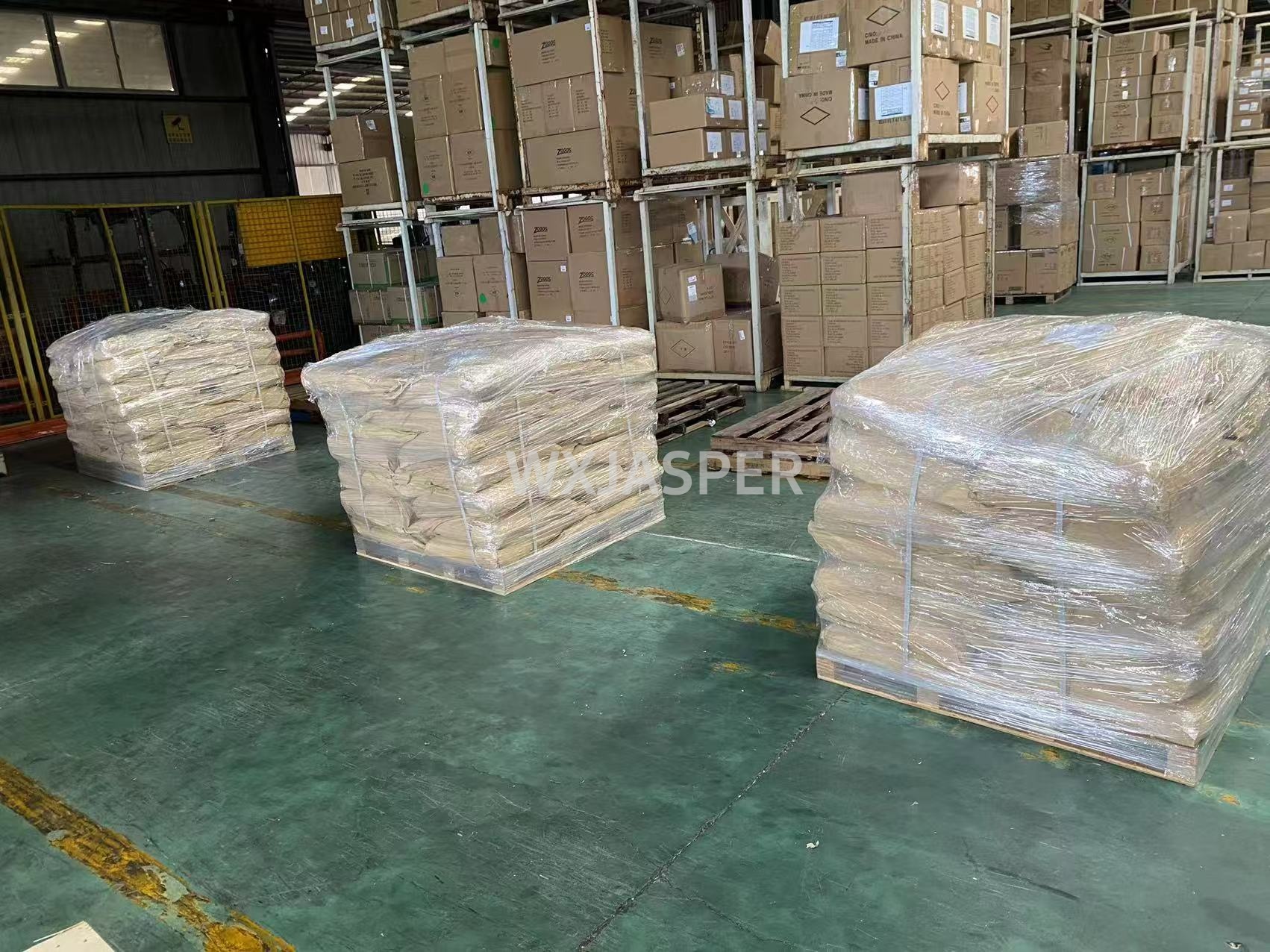Your Location:Home > Products > Solvents > Manganese gluconate



CasNo: 6485-39-8
MF: C12H22MnO14
Appearance: powder
Delivery Time: 15 days
Packing: 25kg/bag
Purity: 99%
Basic Information
|
Model NO. |
6485-39-8 |
Appearance |
powder |
|
Color |
Colorless |
Purity |
99% |
|
Grade Standard |
Industrial Grade |
Specification |
25kg/bag |
|
Transport Package |
Bag |
Origin |
China |
Product Description
CAS No: 6485-39-8
Form: Powder
Product Application
1.Pharmaceuticals & Dietary Supplements (Core Application):
Prevention & Treatment of Manganese Deficiency: Used to prevent and correct manganese deficiency, which, while rare in balanced diets, can occur in individuals on long-term total parenteral nutrition, with malabsorption syndromes, or specific genetic disorders.
Bone & Joint Health Supplements: Given manganese's essential role in glycosyltransferases required for cartilage and bone matrix (glycosaminoglycan) synthesis, it is often combined with glucosamine, chondroitin, calcium, and vitamin D in supplements supporting joint health and bone metabolism.
Antioxidant Formulations: Added as a precursor for manganese superoxide dismutase cofactor in antioxidant complex supplements, working synergistically with vitamins C, E, selenium, etc.
Multivitamin/Mineral Supplements: Serves as the standard, high-quality manganese source in a wide range of multivitamin/mineral tablets and capsules.
2.Food Nutrition Fortification:
Permitted for manganese fortification in specific foods under regulations (e.g., China's GB 14880, U.S. FDA GRAS), primarily in:
Foods for Special Medical Purposes: Complete nutritional formulas, infant formula (where permitted).
Nutrient-fortified cereal products, formulated milk powder.
3.Animal Nutrition:
A highly efficient organic source of manganese in animal feed. Used to prevent manganese deficiency in livestock (especially poultry and swine), improving skeletal development (preventing perosis, leg disorders), reproductive performance, eggshell quality, and participating in fat and carbohydrate metabolism.
Used in small amounts in premium skincare products as an antioxidant or enzymatically active ingredient.
Packaging
25Kg/Bag
Storage
Store in a tightly sealed, light-resistant container in a cool, dry place to prevent moisture absorption and oxidation.